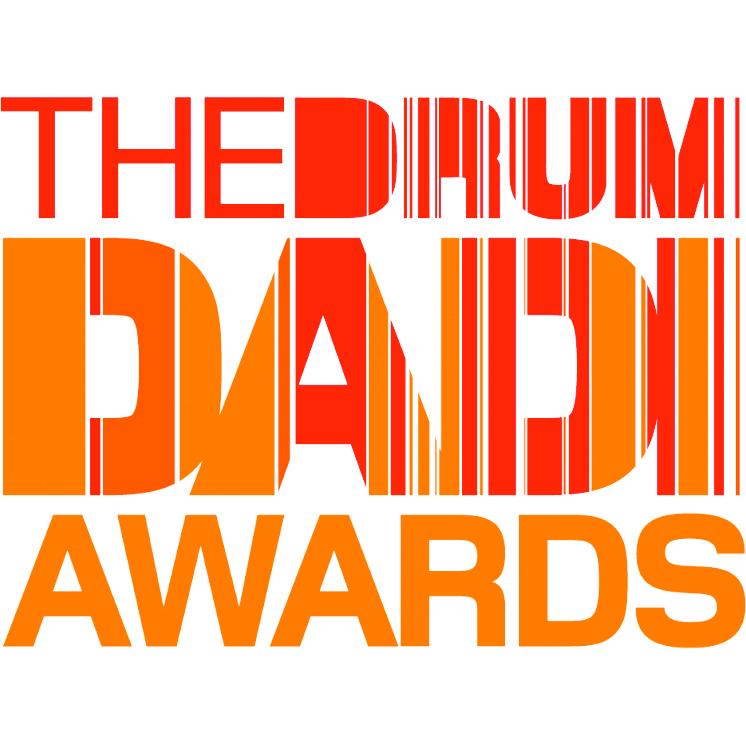
Alcohol & Non-Alcohol DTC performance: Key insights and strategies

Inviqa’s latest Direct-to-Consumer (DTC) Ecommerce Report for 2024 has revealed some fascinating insights on Alcohol and Non-Alcohol DTC performance. Based on the scorecard from our 2023 DTC ecommerce report, we selected 10 Alcohol and Non-Alcohol brands in June 2024, and assessed their UK sites to ensure fairness.
The brands chosen were: Adnams, Beavertown Brewery, BrewDog, Camden Town Brewery, Chapel Down, Diageo (thebar.com), Highland Park Whisky, Loch Lomond Whiskies and Lyre’s.
The Alcohol and Non-Alcohol category achieved an average score of 55.4% of the possible total, falling slightly short of the average score of 58.6% achieved by the original 100 brands. In comparison, the Premium & Luxury category from the original research had the highest average score out of all the individual categories, coming in at 66.2%. In this blog we will be delving deeper into some of the main findings from the report: the brands’ strengths in adding value, areas for improvement regarding content utilisation, and the stand-out performance of DTC-first brands.
Adding value through products and services
Added value products and services are two areas where the Alcohol & Non-Alcohol brands really shine, showcasing a range of offerings unique to their sites. 60% of the 10 brands offered products exclusive to their sites, while an exceptional 90% offered exclusive product bundles. This is a significant improvement from the scores seen across the original 100 brands – averaging at 27% and 35%, respectively. This emphasis on exclusivity provides customers with a compelling reason to shop directly from the brand rather than through third-party retailers or marketplaces.
Additionally, 40% of brands in the category allow for the personalisation of certain products, while an impressive 90% include gifting options such as gift cards or gift-wrapping. These features work to enhance each customer’s individual experience, making their purchases feel special and tailored to their specific needs. 70% of the brands also offer bookable in-person activities such as brewery and winery tours, providing unique and interactive experiences that deepen customer engagement.
However, surprisingly, only 50% of the Alcohol & Non-Alcohol brands scored full marks for clear proposition messaging on their homepage. 20% had limited messaging, while the remaining 30% had none. In contrast, 61% of the original 100 brands scored full marks while only 13% scored zero. Considering the array of added value products and services offered by the brands in this category it seems a waste to not promote these clearly on the homepage, as that could be the difference between a shopper choosing to buy direct or not.
Under-utilising content opportunities
Despite the undeniably strong performance of the Alcohol & Non-Alcohol brands in regards to added value products & services, they fell relatively flat when it came to added value content. While 90% of the brands did feature how-to guides and useful articles, only 60% provided video demonstrations of products, and a mere 20% were leveraging user-generated content on their sites. Additionally, none of the brands feature a product discovery tool to support customers with finding the most appropriate products: despite the huge potential that this could have for the Alcohol & Non-Alcohol category.
Effective and well-placed content should play multiple roles at different stages of the customer journey. From aiding shoppers with product discovery to providing post-purchase support, brands should be utilising different forms of content to enhance customer engagement and conversion rates. Our report suggests that this is something that Alcohol and Non-Alcohol brands should consider.
Ecommerce basics: accessibility, site speed & SEO
The Alcohol and Non-Alcohol category scored an average of 46% for website performance, which includes site speed and SEO. All Alcohol & Non-Alcohol brands scored at least half marks for mobile accessibility, but only two scored full marks. No brand in this category scored any marks for site speed across any of the three mobile page types that we tested. Improving this score could work to both enhance user experience and improve SEO rankings. Additionally, while 60% of the brands scored more than half marks for SEO, only two scored full marks.
Leading the pack: DTC-first brands
Our report found that the two top-scoring brands in the Alcohol and Non-Alcohol category were Lyre’s and BrewDog, both of which started with DTC propositions. Lyre’s, a non-alcoholic spirits brand, scored the highest with 68% of the possible points. This brand excelled in providing a seamless user experience, and also demonstrated great customer service. It also offers customers multiple perks such as exclusive online bundles, gift services, a subscription service and a loyalty programme. Lyre’s understanding of DTC fundamentals is clear throughout its site, and reflects the company’s roots as a DTC-first brand.
BrewDog, with a score of 64%, also highlights the advantages of a DTC-first approach. The brand’s website features personalised and exclusive products, a loyalty scheme, and engaging content such as how-to guides and video content. BrewDog also offers bookable in-person events and activities, offering customers a unique and interactive experience. Additionally, the brand’s commitment to sustainability, with detailed information available on its site, further enhances its appeal to conscious customers.
The Alcohol and Non-Alcohol category shows strong potential through its use of added value products and services. However, to fully capitalise on their DTC channels, brands should consider focusing on improving their site experience such as through site speed and SEO, and expand their use of engaging content types. The success of DTC-first brands like Lyre’s and BrewDog highlights the importance of a strategic, customer-centric approach to DTC ecommerce. By addressing these areas, Alcohol and Non-Alcohol brands could enhance their online presence, foster deeper customer connections and drive higher conversions.



